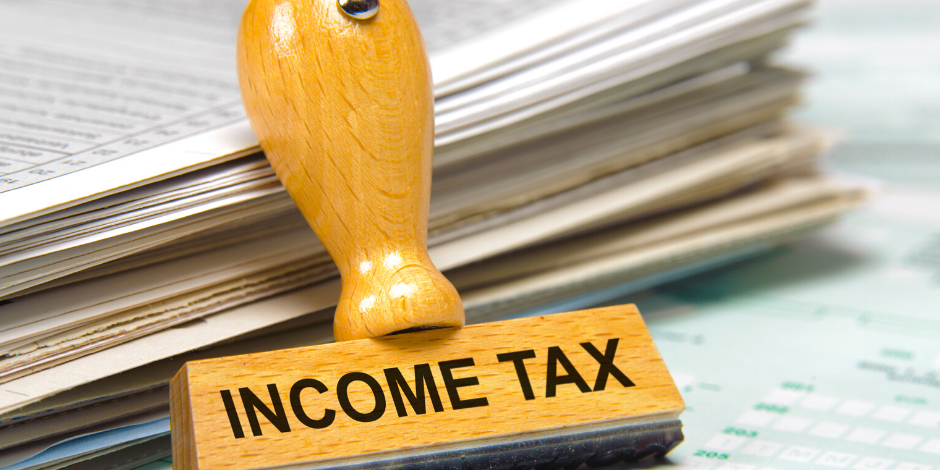Income Taxes: What to Know

If this is your first time filing tax returns, you may be feeling overwhelmed with what is taxable and what is not. With the return filing deadline less than 100 days away (April 15th, 2020), it is important for you to understand how much of your income is taxable.
What is taxable income?
The amount of income that is used to calculate how much tax you or your company owes to the government in any given year is known as taxable income. This number will include salaries, wages, tips, investment income, bonuses, and unearned income.
If you have received any income from dividends, interest, or sold appreciated assets during the year that too is taxable.
Here is a brief overview of top sources of taxable income:
Wages and Salaries
Everything you receive in payment for your personal services must be included in your gross income. This means your wages, salaries, fees, commissions, tips, as well as stock options. If you are a salaried employee, your employer must provide a Wage and Tax Statement (Form W2) that shows how much salary/wages you received.
Self-Employment Income
If you are a self-employed professional or a freelancer, you must keep track of your own income and estimate how much tax you owe to make estimated tax payments. You will need to use Schedule C to report your business income and expenses while filing your returns.
Make sure you subtract your expenses from the income to calculate your net-profit. As a self-employed professional, you will need to pay Medicare and Social Security taxes just like salaried employees. For the 2019 fiscal year, you will need to pay 15.3% of your income in Medicare and Social Security taxes.
Investment Income
In the simplest terms, investment income is any income that you earn from your investments, such as the stock market or real estate. It comes from capital gains collected through assets or sale of a security, dividends, and interest payments.
For example, if you receive dividends from a stock owned by mutual fund holdings, or you earn interest on your bank accounts, it is all considered investment income.
Retirement Income
Retirement income refers to the amount of money you distribute after retiring from pensions, individual retirement accounts, Social Security, retirement savings assets, and other sources. However, not all retirement income is taxable; some is fully taxable, some partially, and ,on a state by state basis, some may not be taxable.
Generally speaking, withdrawals from retirement plans and most of the pension incomes are fully taxable. If you take withdrawals from a variable or fixed annuity, that may also be taxable.
Rental Income
You are required to declare your rental income on your returns if you own an investment property and collect rent from tenants. However, you can deduct the property expenses.
What is Nontaxable Income?
There are very few incomes that are nontaxable, including, welfare benefits, some scholarship income, damage awards for sickness or injury, income from Roth 401Ks and Roth IRAs, reimbursed qualified adoption expenses, child support payments, and gifts and inheritances. It is wonderful if you have multiple streams of income, but it also generates more tax complexities when filing the tax return. If you need help to prepare your state and federal tax returns call us at 610-933-3507 or contact us online.
Categories
Calculators Events Featured Julie's Blog Tax Blog Tax Tips Testimonial UncategorizedRecent Posts
Choosing Between Single MFJ or Head of Household Filing Status Should You Adjust Your W-4 to Withhold More or Less? Twelve Ways to Maximize Your 2025 Tax Return Paying Taxes on Cryptocurrency Gains How Tax Law Changes Impact Your Tax Planning





